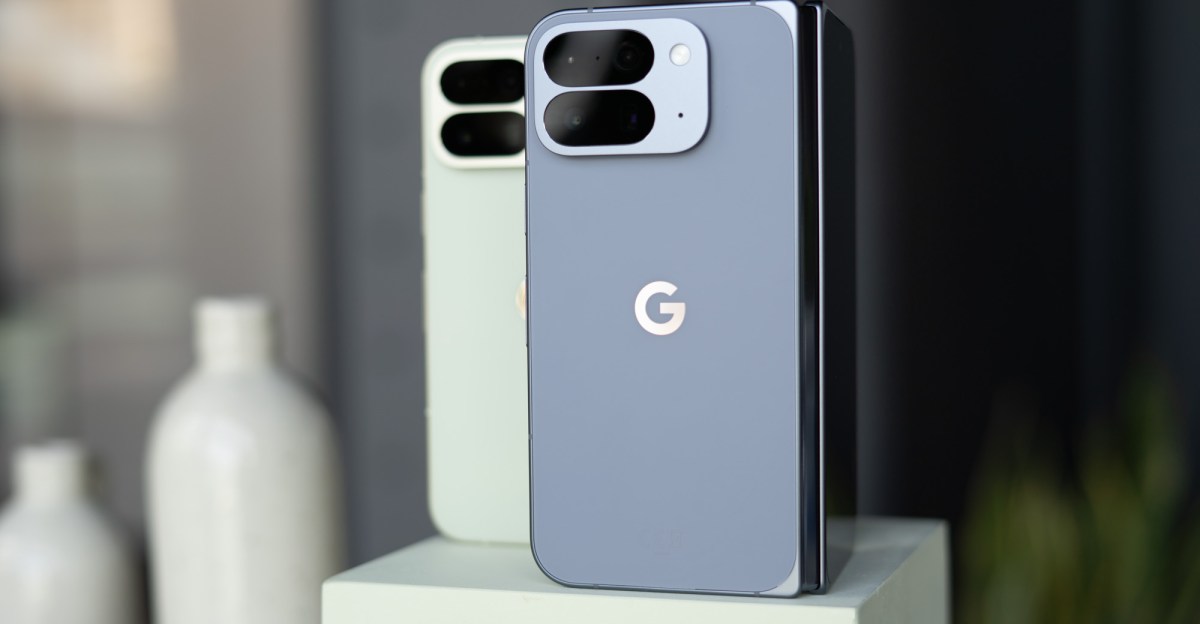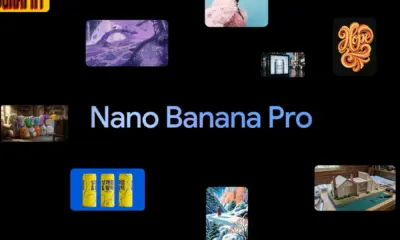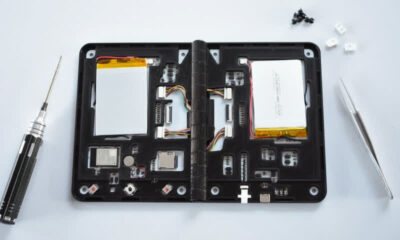Technology
Google Acknowledges Limits of IP68 Water and Dust Resistance

Google has publicly acknowledged the limitations of its IP68 water and dust protection rating in a new advertising campaign. The company’s updated materials highlight that while devices may initially meet the IP68 standard under the IEC standard 60529, they are not truly waterproof or dustproof. This statement marks a significant departure from the typical marketing language used in the smartphone industry.
The fine print in Google’s advertisement emphasizes that the protective qualities of IP68 can diminish over time. Factors such as exposure to salt or chlorine, physical damage from drops, or normal wear and tear can compromise the device’s seals. Google clarifies that once a device leaves the factory, its water and dust resistance is not guaranteed to last.
The advertisement states, “Water resistance and dust resistance are not permanent conditions and will diminish or be lost over time due to normal wear and tear, device repair, disassembly or damage.” Such transparency is rare in the tech industry, where manufacturers often promote the durability of their products without highlighting these caveats.
Additionally, the statement underlines that damage from drops and tumbles is not covered under warranty. If a device shows signs of liquid intrusion, it is treated as evidence of user negligence, effectively voiding any warranty claims related to liquid damage. Readers are directed to visit g.co/pixel/water for further details regarding the implications of this disclaimer.
This candid approach by Google may serve to set a new standard for transparency in advertising. It also raises awareness for consumers regarding the realities of smartphone durability. While some users may appreciate this honesty, others may feel cautious about investing in devices with such limitations.
As the smartphone market continues to evolve, the conversation surrounding product durability and consumer expectations will likely intensify. Google’s decision to openly discuss the vulnerabilities associated with IP68 ratings could influence how other manufacturers communicate about their products moving forward.
For those interested in the broader implications of smartphone technology, Google’s announcement may resonate with discussions on the durability of folding glass technology, which often comes with protective measures that users are advised not to remove. This ongoing dialogue about device longevity and user responsibility presents an opportunity for consumers to make more informed purchasing decisions.
-

 Technology5 months ago
Technology5 months agoDiscover the Top 10 Calorie Counting Apps of 2025
-

 Technology3 weeks ago
Technology3 weeks agoOpenAI to Implement Age Verification for ChatGPT by December 2025
-

 Health3 months ago
Health3 months agoBella Hadid Shares Health Update After Treatment for Lyme Disease
-

 Health4 months ago
Health4 months agoAnalysts Project Stronger Growth for Apple’s iPhone 17 Lineup
-

 Health4 months ago
Health4 months agoErin Bates Shares Recovery Update Following Sepsis Complications
-

 Technology5 months ago
Technology5 months agoDiscover How to Reverse Image Search Using ChatGPT Effortlessly
-

 Technology3 months ago
Technology3 months agoElectric Moto Influencer Surronster Arrested in Tijuana
-

 Technology5 months ago
Technology5 months agoMeta Initiates $60B AI Data Center Expansion, Starting in Ohio
-

 Technology2 months ago
Technology2 months agoDiscover 2025’s Top GPUs for Exceptional 4K Gaming Performance
-

 Technology5 months ago
Technology5 months agoRecovering a Suspended TikTok Account: A Step-by-Step Guide
-

 Health5 months ago
Health5 months agoTested: Rab Firewall Mountain Jacket Survives Harsh Conditions
-

 Lifestyle5 months ago
Lifestyle5 months agoBelton Family Reunites After Daughter Survives Hill Country Floods





















